Toxic Friendships: How to Know and What to Do About It
We all know that human connectedness is an essential part of our lives. We cherish those who are always there for us, the ones we are happy to be around, and those who bring out the best in us.
But when it comes to our personal health and mental well-being, it’s possible that our relationships with our friends sometimes can do us more harm than good.
Being in a toxic friendship can leave you feeling frustrated and emotionally drained instead of fully valued and supported.
Here are 7 signs that you may have a toxic friend:
1. They get jealous about your other friends
Did you ever feel like your friend has a hard time sharing you with other people? A toxic friend prefers to have all of your attention and may even try to sabotage your relationships with others. They tend to gossip about your other friends to try to promote the idea that they are the only one who cares about you. In some cases, they might even talk badly about you behind your back.
2. They drain your energy
Being around your friends should make you feel good. If you spend time with a friend and end up feeling more stressed out than you were before you got together with them, this is a red flag that the relationship is no longer serving you. A toxic friendship can make you feel frustrated, anxious and both physically and emotionally exhausted.
3. They make everything about them
If you have a friend who only wants to talk about themselves but doesn’t seem to have a sincere interest in how you are doing, it’s time to take note. Do they only reach out when they need something but leave little time to ask about what’s going on in your life? This friend may have a history of being absent and unreliable at times when you could really use some strong support.
4. Drama seems to follow them everywhere
One of the most notable signs of a toxic friendship is the constant drama. Whenever you’re around this person, the main theme seems to be tension or chaos. The glass is always ‘half empty’ from their viewpoint and they feel they are the victim of misfortunate events more than not. In other words, peace and calmness are never in the picture when spending time together.
5. You feel like you can’t be your true self around them
Whether you’ve felt it from the beginning or feel yourself holding back more over time, you’ve learned not to disclose information for fear of them either judging you or sharing your secrets with others. You feel like you are not your ‘best self’ when around this person and think they don’t really understand you or accept you for who you are.
6. You have frequent disagreements or arguments
In healthy relationships, friends can generally have discussions with differing opinions or occasional disagreements. In toxic friendships, arguing seems to be something that happens often when you’re together. You probably avoid bringing up sensitive topics to talk about because you already know the pattern of how your friend responds so you try to avoid the potential conflict.
7. They don’t seem to fully support you or celebrate your successes
While you’re spending what should feel like quality time with them, your friend seems to minimize your problems or victories. They don’t really offer helpful advice or support when you need it. Even when you have the best news that you can’t wait to share, a toxic friend doesn’t really seem all that happy for you and may even show signs of envying or being jealous of you and your success.
What should you do if your friendship is toxic?
If you think you have a toxic friendship with someone it’s important to evaluate the situation.
Good friends should lift you up and always be in your corner. They don’t make a habit of upsetting you or putting you down.
Start by having a conversation with your friend about how you are feeling. Be direct, yet calm and kind when discussing your feelings and concerns. Your friend may not be aware of how their behavior is impacting your friendship and may want to work through things to improve your relationship. If this is the case, you will want to establish some boundaries with your friend.
Be clear about what bothers you, and what you won’t be able to tolerate (e.g. gossip, put-downs, etc.) moving forward in your relationship.
It’s okay and even healthy to put some distance between you and your friend as you sort through your feelings before or after this conversation.
If after talking with your friend or putting a little distance in the relationship you find that they are not committed to making changes, it may be time to take a longer or more permanent break from each other.
Friendship is a two-way street, with give and take always being part of a lasting relationship. Regardless of the outcome and how difficult making a change may seem, protecting your feelings and overall wellness is something you don’t want to ignore.
Written By: Patty Canton
